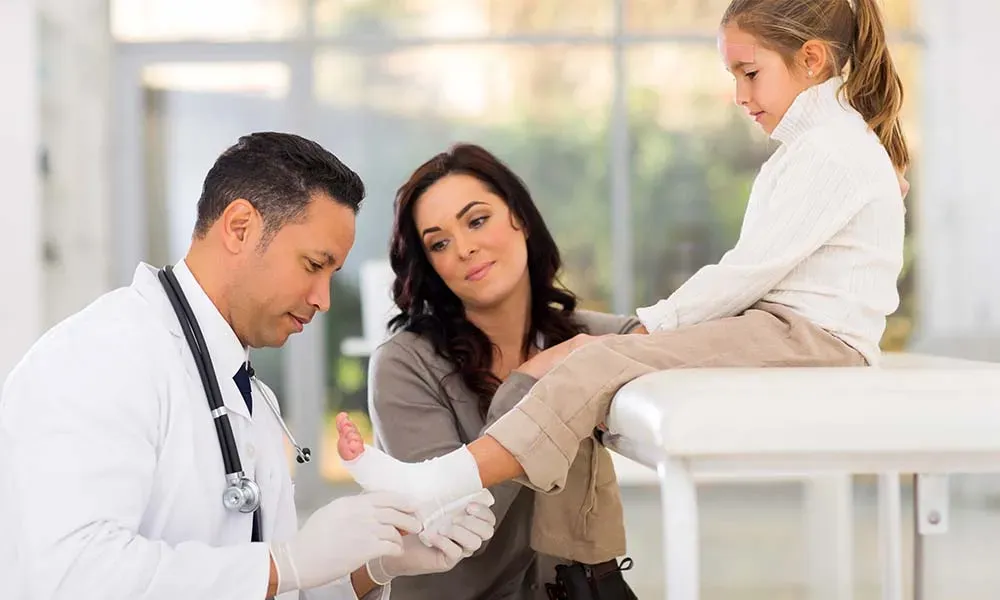As a responsible pet owner, ensuring your furry friend’s health and well-being is a top priority. Preventive care plays a crucial role in maintaining your pet’s overall health, detecting potential issues early, and preventing diseases.
In this article, the Veterinarian in Maple Valley, WA will explore the importance of preventive care for pets, and its benefits, and provide a comprehensive guide on how to implement it.
Why does preventive care for pets matter?
A great follow-up question! Preventive care for pets matters for several reasons:
- Prevents diseases and health issues: Preventive care helps prevent diseases, infections, and health issues, reducing the risk of illness and promoting overall health.
- Detects potential problems early: Regular check-ups and screenings can detect potential issues before they become severe, allowing for early intervention and treatment.
- Reduces treatment costs: Preventive care can reduce treatment costs by identifying and addressing issues early, and avoiding costly procedures and hospitalizations.
- Improves quality of life: Preventive care enhances your pet’s quality of life by promoting health, comfort, and well-being.
- Strengthens the bond between pet and owner: Preventive care demonstrates your commitment to your pet’s health, strengthening your bond and trust.
- Increases lifespan: Preventive care can help increase your pet’s lifespan by identifying and managing age-related health issues.
- Reduces stress: Preventive care can reduce stress and anxiety for both pets and owners by preventing unexpected health issues.
- Promotes healthy habits: Preventive care encourages healthy habits, such as regular exercise, balanced nutrition, and proper hygiene.
- Supports early detection of chronic conditions: Preventive care helps detect chronic conditions, like arthritis or diabetes, allowing for early management and treatment.
- Enhances veterinary care: Preventive care allows veterinarians to provide more effective care, making it a crucial aspect of responsible pet ownership.

Elaborating the preventive care measures for pets
Preventive care measures for your pets may include the following:
Regular veterinary check-ups
Schedule annual check-ups for your pet, or bi-annually for seniors or pets with chronic conditions.
Vaccinations
Follow the recommended vaccination schedule to protect your pet from diseases.
Parasite control
Use preventatives for fleas, ticks, heartworms, and intestinal parasites.
Dental care
Brush your pet’s teeth regularly, and schedule dental cleanings as needed.
Nutrition and diet
Feed a balanced diet, and consult your vet for recommendations.
Exercise and mental stimulation
Provide regular exercise, playtime, and mental stimulation.
Health screenings
Conduct regular health screenings, such as blood work and urinalysis.
Microchip identification
Microchip your pet for secure identification.
Spaying/Neutering
Spay or neuter your pet to prevent unwanted breeding and reduce health risks.
Stay informed
Stay up-to-date on the latest pet health information and advice.
Exploring the benefits of preventive care
To summarize, the benefits of preventive care for pets include:
- Improved health and well-being
- Early detection of potential issues
- Prevention of diseases and health issues
- Reduced treatment costs
- Enhanced quality of life
- Increased lifespan
- Reduced stress and anxiety
- Stronger bond between pet and owner
- Improved nutrition and diet
- Better management of chronic conditions
- Reduced risk of parasites and infections
- Improved dental health
- Early detection of age-related health issues
- Increased chances of successful treatment
- Peace of mind for pet owners
By prioritizing preventive care, you’ll be able to:
- Identify potential health issues early
- Prevent diseases and conditions
- Reduce treatment costs
- Strengthen your bond with your pet
- Improve your pet’s overall quality of life
Takeaway
Preventive care is a crucial aspect of responsible pet ownership. By following the measures outlined in this article, you’ll be able to provide your pet with the best possible care, detect potential issues early, and prevent diseases. Remember, preventive care is an investment in your pet’s health, happiness, and well-being. Consult with your veterinarian to develop a personalized preventive care plan tailored to your pet’s specific needs.




